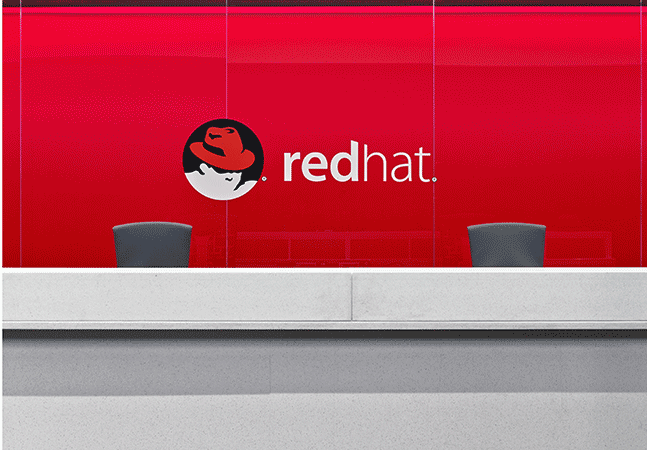
Red Hat announced the general availability of Red Hat Enterprise Linux 8.2 (RHEL 8.2) this week, continuing its commitment to delivering new versions of RHEL on a six-month cadence.

The Eclipse Foundation has released Eclipse Theia 1.0, which it is promoting as "a true open source alternative" to Microsoft's lightweight Visual Studio Code (VS Code) source code editor.

It's now available for download, just a week ahead of the release of Java 14 on March 17.

The Apache Software Foundation (ASF) announced the availability of NetBeans 11.3, the third update of the popular Java-based IDE in its recently implemented quarterly release cycle.

Sonatype this week announced the availability of an enhanced suite of JavaScript intelligence capabilities designed to provide developers with improved accuracy, increased policy control and faster remediation of open source vulnerabilities.

Version 3.0 is all about addressing shortcomings reported by the community since its predecessor was released in 2016.

Microsoft this week announced the general availability (GA) of Azure Sphere, marking a new phase in its effort to create an overall trusted environment for deploying and using Internet of Things (IoT) devices.

Apache Groovy 3.0, the latest version of the open source, general-purpose programming language for the Java platform, was released in mid-February with a number of new features and capabilities, chief among them a new parser.

Red Hat today announced the general availability of Red Hat OpenStack Platform 16, the latest version of its Infrastructure-as-a-Service (IaaS) solution.

The Cloudflow framework was developed to address the growing demands of AI, machine learning models, analytics, and other streaming, data-driven workloads.

A startup focused on Kubernetes security has released an open source risk assessment tool for the popular container orchestration platform.

The End of Life (EOL) deadline for Python 2 arrived with the new year, and the CPython core development community is urging users to migrate to Python 3 as soon as possible.

Database maker ArangoDB has released the latest version of its namesake open source database with a feature that allows users to restrict individual databases to one node in a cluster.

Described as “a vendor-neutral and code-first industry collaboration,” the new Edge Native Working Group was created to drive the evolution and broad adoption of open source software for edge computing.

The latest release of Hazelcast's namesake Java-based in-memory data grid (IMDG 4.0) has been optimized for Intel Optane DC Persistent Memory.